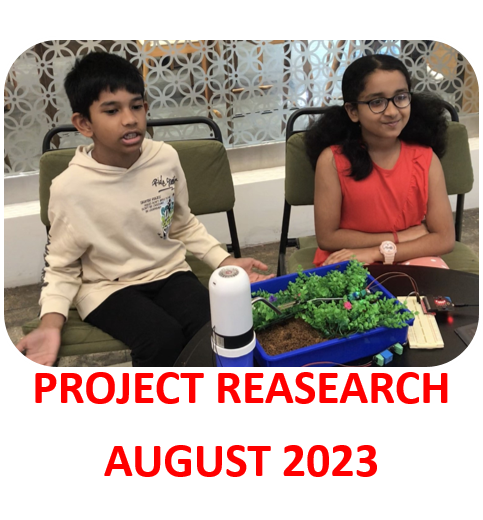SMART WATER IRRIGATION SYSTEM
BY: OHANNA KUMAR & TARUN SREE CHANDER
PROBLEM:
WATER SCARCITY
- Climate Change has made water a scarcer and more unpredictable resource.
- Globally 70% of all fresh water extracted is used by the agricultural sector.
- FAO found that 10% of the world’s rainfed cropland already faces frequent drought
- More than 60% of irrigated cropland is already highly water-stressed
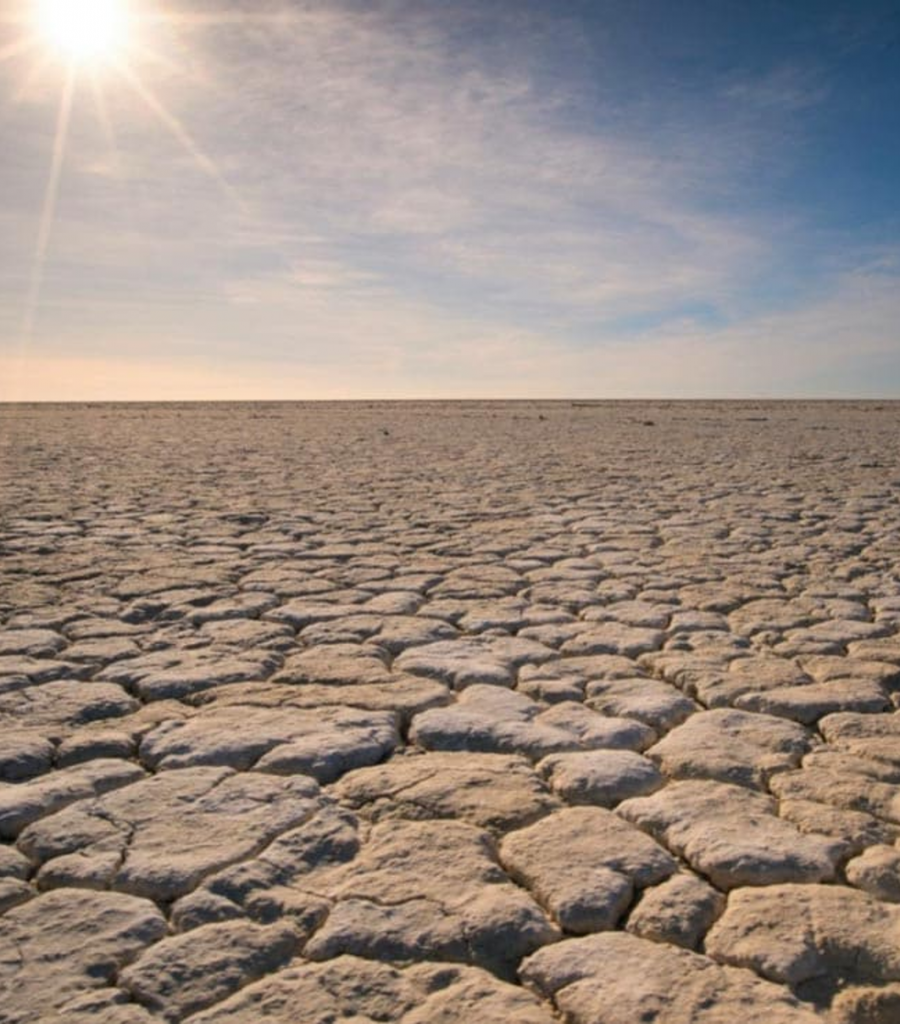
ALARMING FACTS ABOUT WATER SCARCITY
- We are facing a worsening water crisis and increasing food insecurity
- Around 2.4 billion people face moderate or severe food insecurity
- By 2050, it is estimated the total population will be 10 billion
- The United Nations anticipates agricultural production will have to grow 50 percent to meet rising demands in 2050
- ln February 2021, the UN World Food Program (WFP) reported that severe droughts in the Horn of Africa have left an estimated 13 million people facing hunger
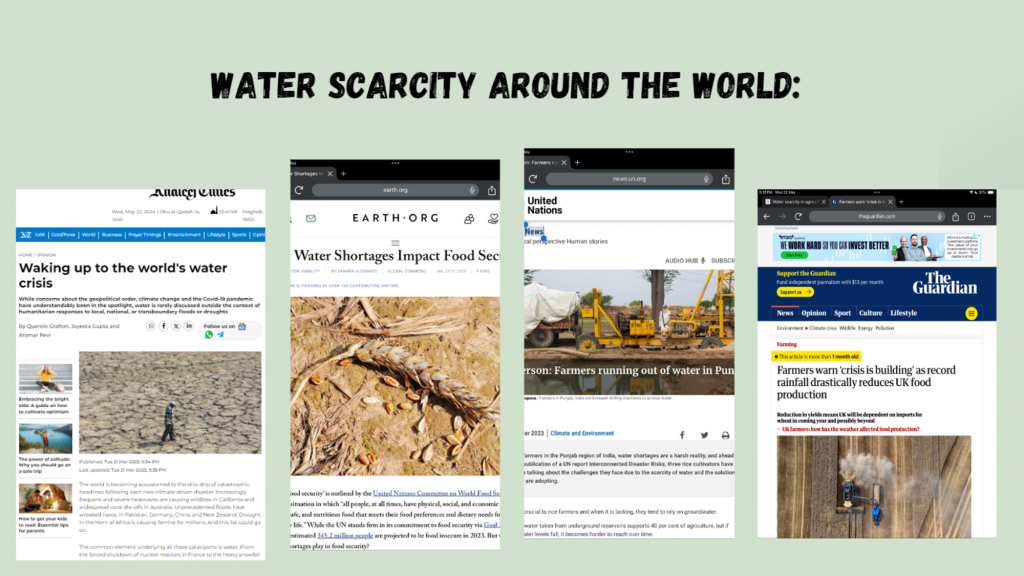
WHY IS SOIL MOISTURE MONITORING ESSENTIAL?
SUSTAINABLE AGRICULTURE
RECOURCE MANAGEMENT
FERTILIZER EFFICIENCY
PRECISION IRRIGATION
DISEASE PREVENTION
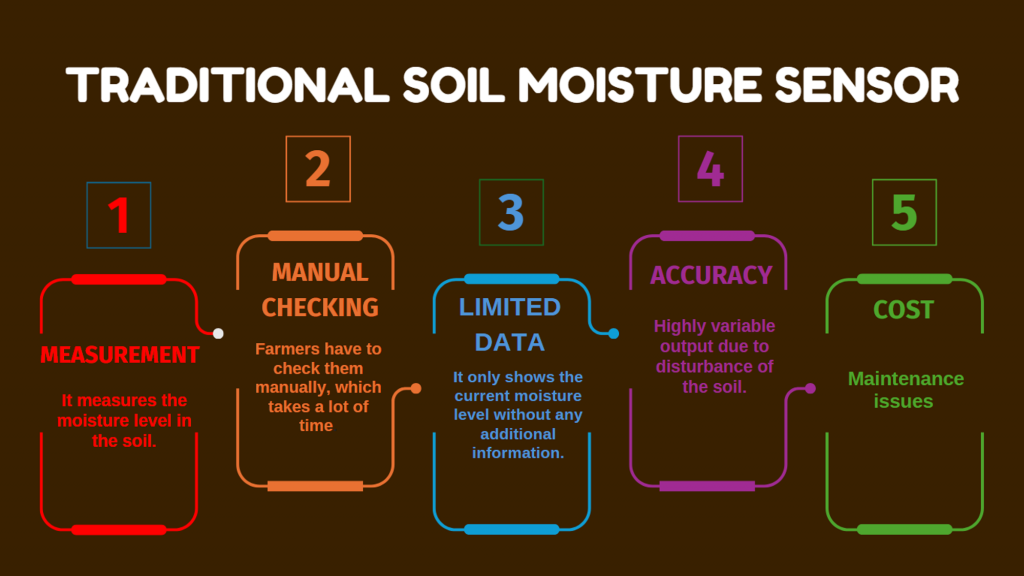

- Wireless sensors allow real time monitoring from a distance farmers can receive data on their smartphones or computers
- Easy to expand your monitoring system as your agricultural operations grow.
- The sensor is linked to an automated irrigation system. When the soil gets too dry, the system waters the plants automatically.
- Provide more accurate and consistent data.
- Our sensor uses a small solar panel for power. This makes it environmentally friendly.
Block Coding
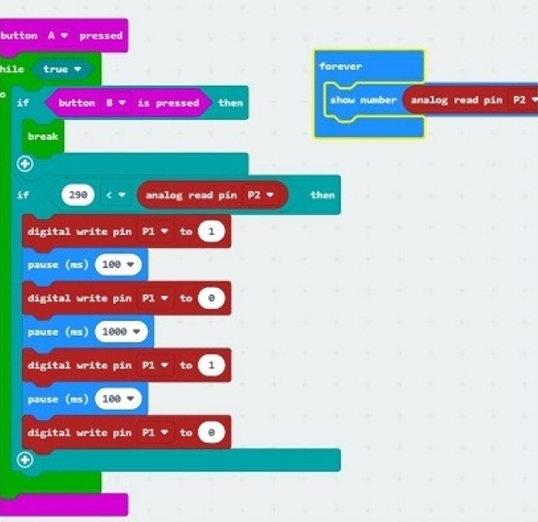
Soil Moisture Sensor Using Microbit
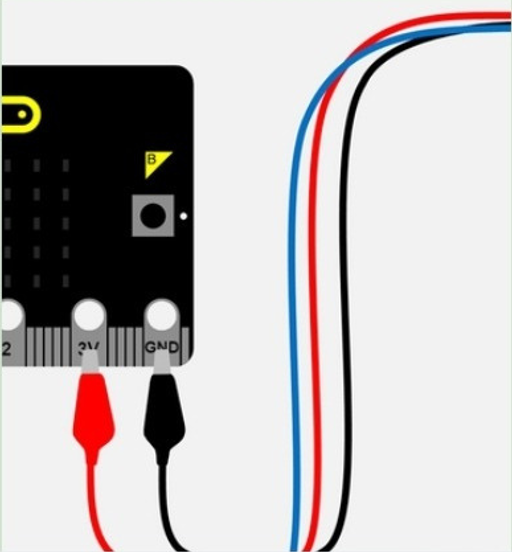
MECHANICS
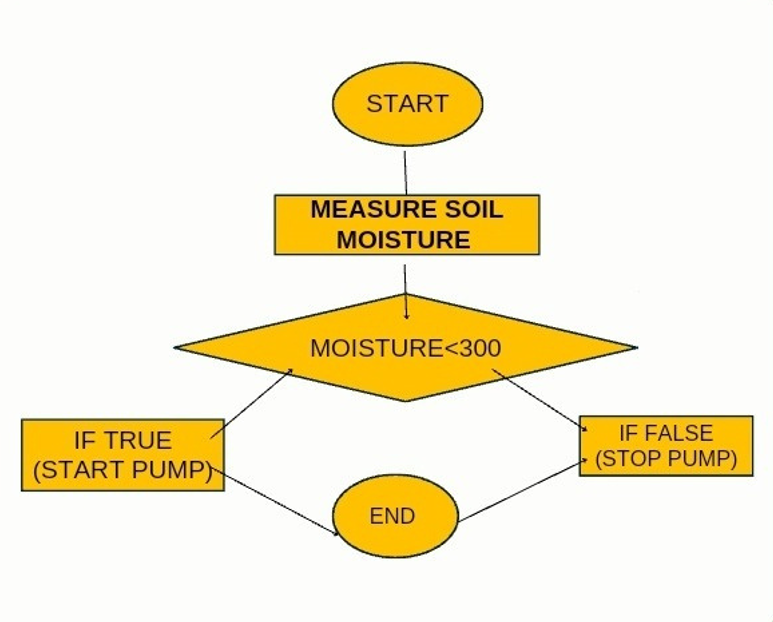
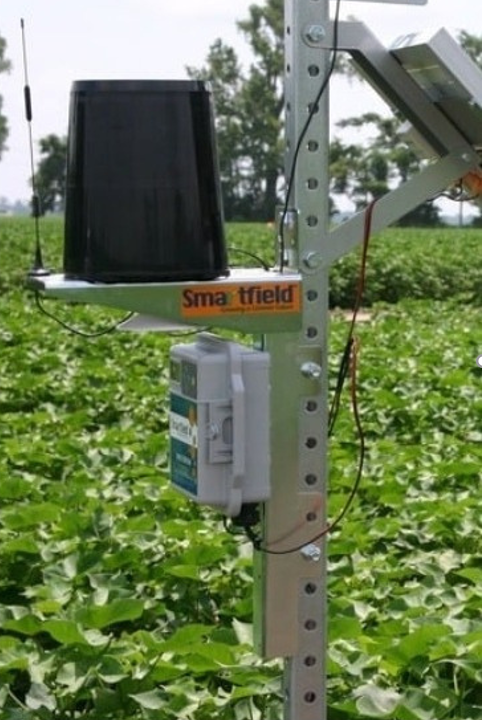
DISEASE PREVENTION
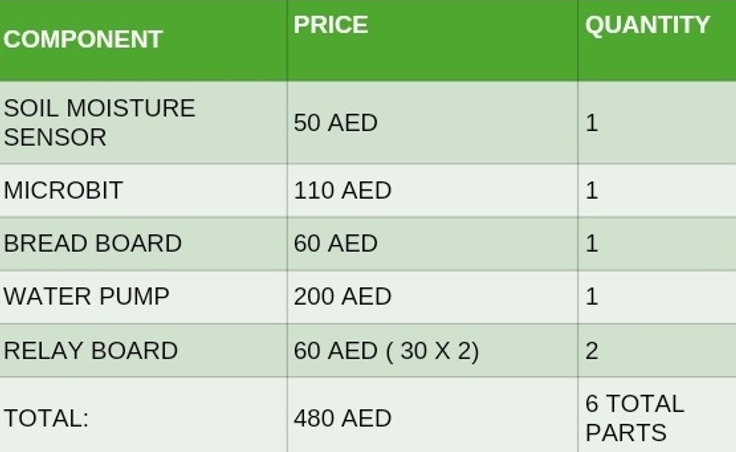
Requirement
One acre of land requires 2-3 sensors.
Value Proposition
Agriculture uses 70% of the world’s accessible fresh water. 60% of this is wasted due to leaky irrigation systems and inefficient application methods.
Using the soil moisture sensors, water wastage can be reduced by 40%. Sensors deliver water to plants at the right time and right amount.
- Target Audience: Farming Community
- Target Location: Agricultural Lands in Asia
- Marketing Strategies: Posters and Social Media (Collaboration with companies who manufacture drip and sprinkler irrigation equipment’s.

Action Plan
Year 1
Introduce the product to small scale farmers
Year 2
Introduce the product in green house and vertical farming
Year 3
Expand to large scale farmers

Our immediate plan of action would be to join hands with agricultural departments like Krishi Vigyan Kendra in India who have direct contact with farmers.
Our Journey
